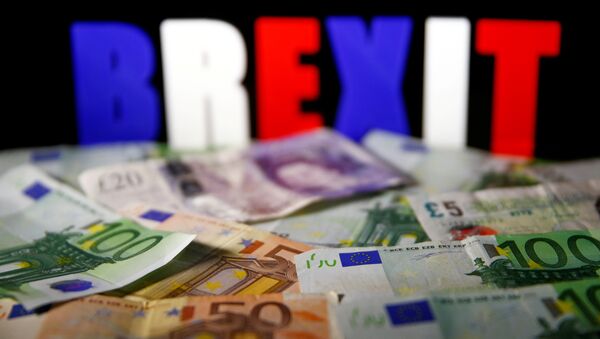"The head of the UK Cabinet initially placed her bets on holding early elections in order to have a firmer position to negotiate Brexit terms at all levels…. [The results of the vote] could put off the prospects of Brexit itself, since the lack of parliamentary majority also does not give a 100-percent guarantee the necessary laws would be passed quickly and smoothly," Slutsky told Sputnik.
The Russian lawmaker noted that the chances of increasing representation in the UK parliament had been initially good for May's Conservative Party, but the entire election campaign was overshadowed by the terrorist attacks in the nation's capital in March in June, and the city of Manchester in May. Slutsky noted that these attacks influenced the elections’ results.
With 649 of 650 seats declared, the Conservative Party, which had 330 seats in the previous House of Commons, is leading with 318 seats, the Labour Party with 261 seats, the Scottish National Party with 35 seats, the Liberal Democrats with 12 seats and the Democratic Unionist Party with 10 seats.
On March 29, the United Kingdom formally notified the European Council for its intention to leave the EU and has two years to negotiate the process. The formal Brexit negotiations were scheduled to start on June 19, when UK Brexit secretary David Davis would meet with EU chief negotiator Michel Barnier.



